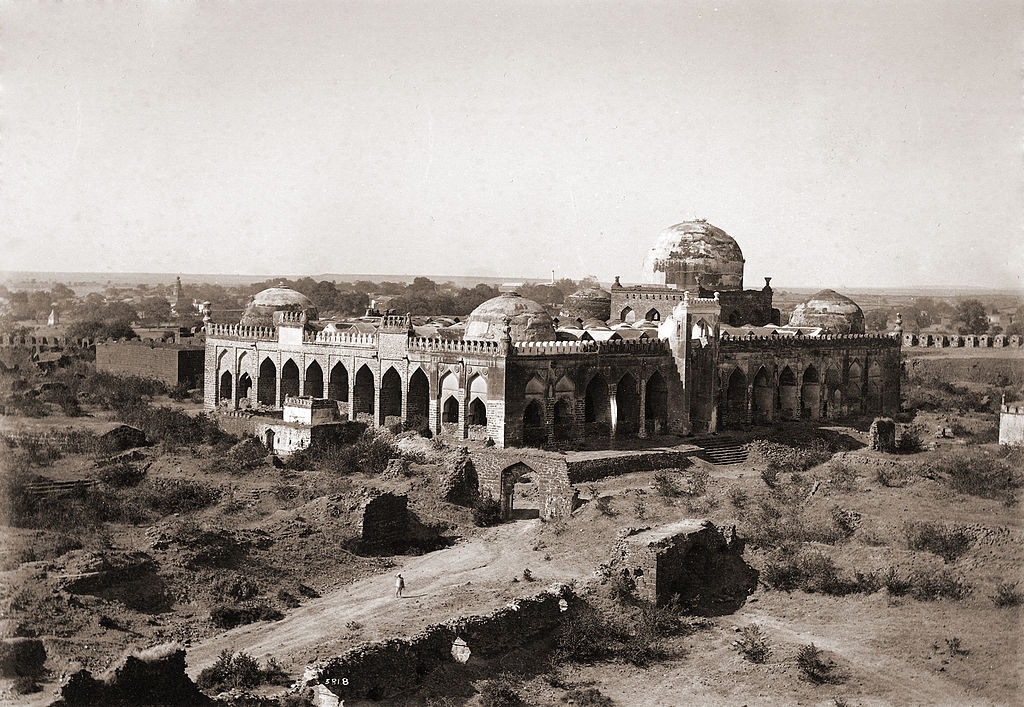Now, it is a well established fact that Islam in Karnataka has a long history in the south India and Islam has arrived here before it was brought by Muslim rulers in the north India. Arrival of Muslims in west coast of India reached Karnataka very early. Islamic culture and history in Karnataka like other southern states of the country owes much to the Muslim dynasties like Bahmani Sultanate and Adil Shahi Dynasty. The Muslims in Karnataka are descendants of Arab merchants and the local converts. The Muslims introduced coffee and paper industry to the local economy. Bahmani Sultanate ruled this area from 1347 to 1510 and the reign of Adil Shahi Dynasty spans the period from 1490 to 1686. Islam in Karnataka continued its legacy as Mughal rule from 17th century and the achievements and significance of Hyder Ali and his son Tippu Sultan are well known. The rule of Nizams of Hyderabad over the large parts of Karnataka lasted until about the fifth decade of the 20th century and Islam in Karnataka has a significance presence still now.
Muslims in Karnataka form about 12.19% of the population of the state. Muslims are found in all districts of Karnataka but the districts, Gulbarga, Bidar, Bijapur, Raichur and Dharward have significance percentage of Muslims. The districts bordering Kerala and cities of Bangalore, Mysore and Mangalore are to be mentioned as regards Muslim in Kerala. One important characteristic of Muslims in Kerala is that they speak a dialect of Urdu known as Dakhini but they also speak Kannada, Telgu and Sindhi. There are a large number of Muslim run educational institutions in Karnataka. Muslims also have modestly higher levels of progress in terms of education and wealth in Karnataka (as in the rest of South India) than in states of North India, as they have more opportunities than their North Indian counterparts. Recently, there have arisen a number of issues pertaining to Muslim communities in Karnataka like Hijab row and ban on Muslim Traders in Hindu religious fairs.







Leave a Reply